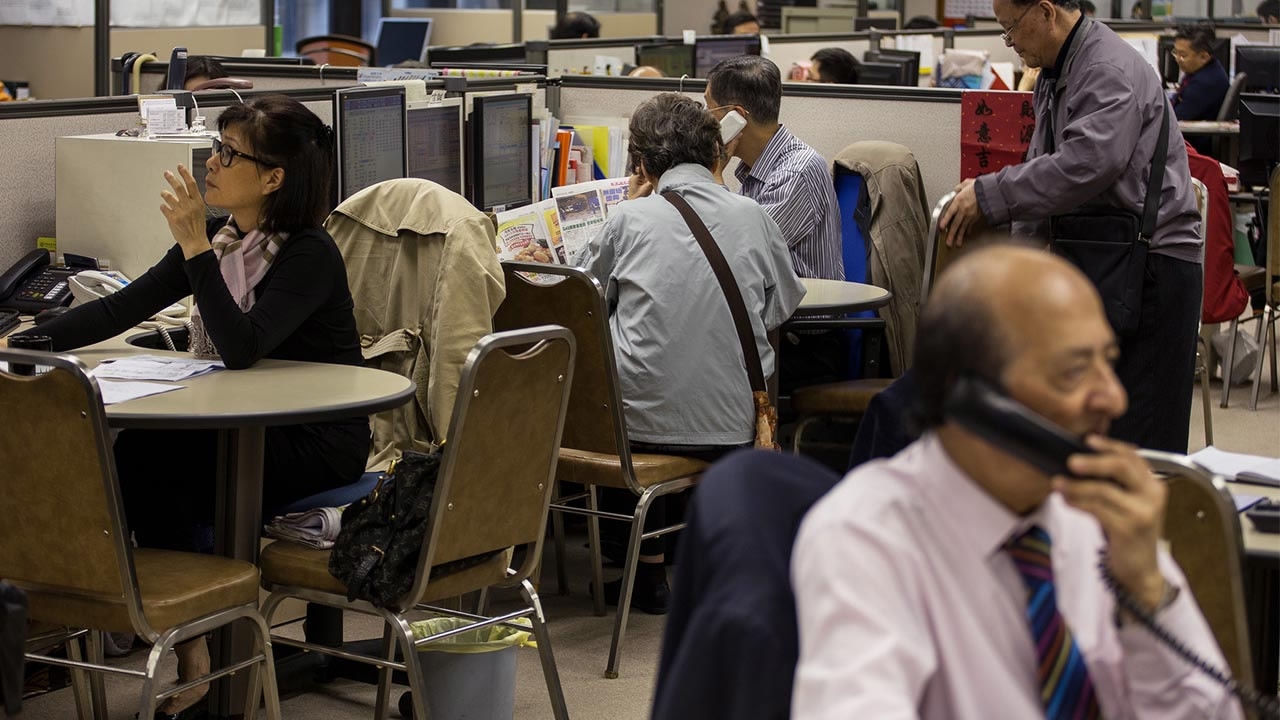
Business
11:55, 26-Mar-2017
HK: “Oriental Pearl" facing big development opportunities
Updated
11:09, 28-Jun-2018

Hong Kong is an international financial hub, and one of the freest economies in the world. Its business environment is highly transparent and efficient with its property rights rated among the strongest in the world.
However, the new regional chief executive set to be elected on Sunday afternoon will have to face up to the fact that Hong Kong’s recent economic statistics show clear signs of deterioration. Over the past five years, Hong Kong’s economy has grown at an annualized rate of only 2.3 percent. Some predict that Hong Kong will be surpassed by Shanghai and Shenzhen in two to three years.
"Hong Kong has no long-term planning. That is the legacy of the British colony. Shenzhen, Shanghai and Singapore are going so fast, because they have a lot of long-term planning and have built a lot of infrastructure, and continue to attract a lot of migration. But since I came here 25 years ago, the population in Hong Kong has been stable. And the land is restricted by a lot of outdated regulations,” said Xiao Geng, a professor of finance at the University of Hong Kong.
Nevertheless, Hong Kong’s financial and legal system, its clean government, low taxation and resilient stock market indicate that it still has enormous potential, especially Under China’s “One Belt, One Road” (OBOR) initiative.
"Hong Kong can be a good connector between Chinese mainland enterprises and those OBOR route nations, especially in the financial sector. Over the past two years, Hong Kong bagged the title of world’s top IPO market. And its government has successfully sold 1 billion US dollars in Islamic bonds. This shows great potential,” according to Hong Kong Financial Secretary Chan Mo-po.
Analysts are hopeful that the newly-elected chief executive and administration can come up with new ideas to realize the potential.

SITEMAP
Copyright © 2018 CGTN. Beijing ICP prepared NO.16065310-3
Copyright © 2018 CGTN. Beijing ICP prepared NO.16065310-3